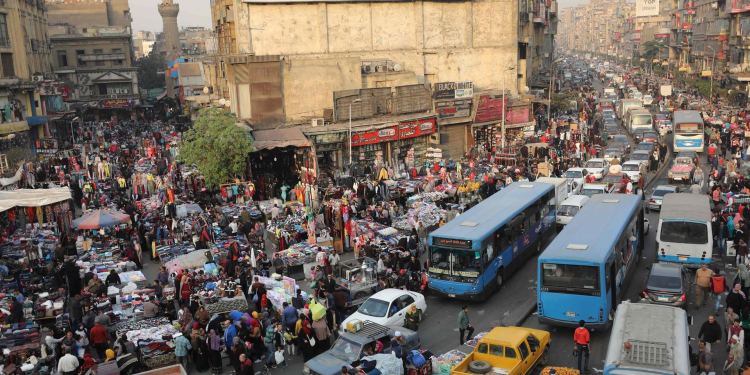The FINANCIAL — Up to 6 million people living in the Kitchener Drain area, one of the most polluted in the Nile Delta region in Egypt, will experience significant improvements in environmental health thanks to a joint €168 million financial package extended by the EBRD and the European Union (EU).
A €79 million loan by the EBRD, a €3 million investment grant and €5 million in technical cooperation from the EU are being extended to the government of Egypt to improve municipal solid waste management along the banks of the Kitchener Drain. It is the EBRD’s first investment in the solid waste sector in Egypt.
The funds will be invested in new waste collection equipment, the rehabilitation and construction of new waste transfer stations, waste treatment facilities and sanitary landfills in accordance with EU standards.
A €69 million loan by the EBRD, a €7 million investment grant and €5 million for technical cooperation from the EU will finance the drain infrastructure rehabilitation. This includes dredging canals, modernising and constructing new pumping stations, the diversion of the Omar Bek sub-basin and installation of a monitoring system for water flow and quality.
In Egypt, municipal infrastructure investments continue to be a very high priority as the country’s water and waste management sector suffers from long-term under-investment and low levels of public awareness of environmental risks.
Poor waste collection levels (only 60 per cent of the waste generated is being collected), lack of recycling mechanisms and illegal dumping are common practices.
Sanitation infrastructure – such as wastewater treatment plants, sewerage networks and pumping stations – is a particularly urgent problem in rural areas where coverage is low and wastewater is typically discharged untreated or partially treated into agricultural drains.
This is translated into a visible problem that is affecting the population’s health and severely damaging the agricultural economy.
The improved municipal services will help reduce CO2 emissions by 160,000 tonnes per year, contributing to Egypt’s national emission reduction targets as well as the EBRD’s Green Economy Transition approach.
The investment is part of an extensive €715 million programme aimed at depolluting the Kitchener Drain and improving health and environmental conditions in the three governorates that make up the Kitchener Drain watershed, namely Gharbeya, Dakahleya and Kafr El Sheikh.
Egypt is a founding member of the EBRD. To date, the Bank has invested over €4.5 billion in 87 projects in the country since it began investments there in 2012.





























Discussion about this post